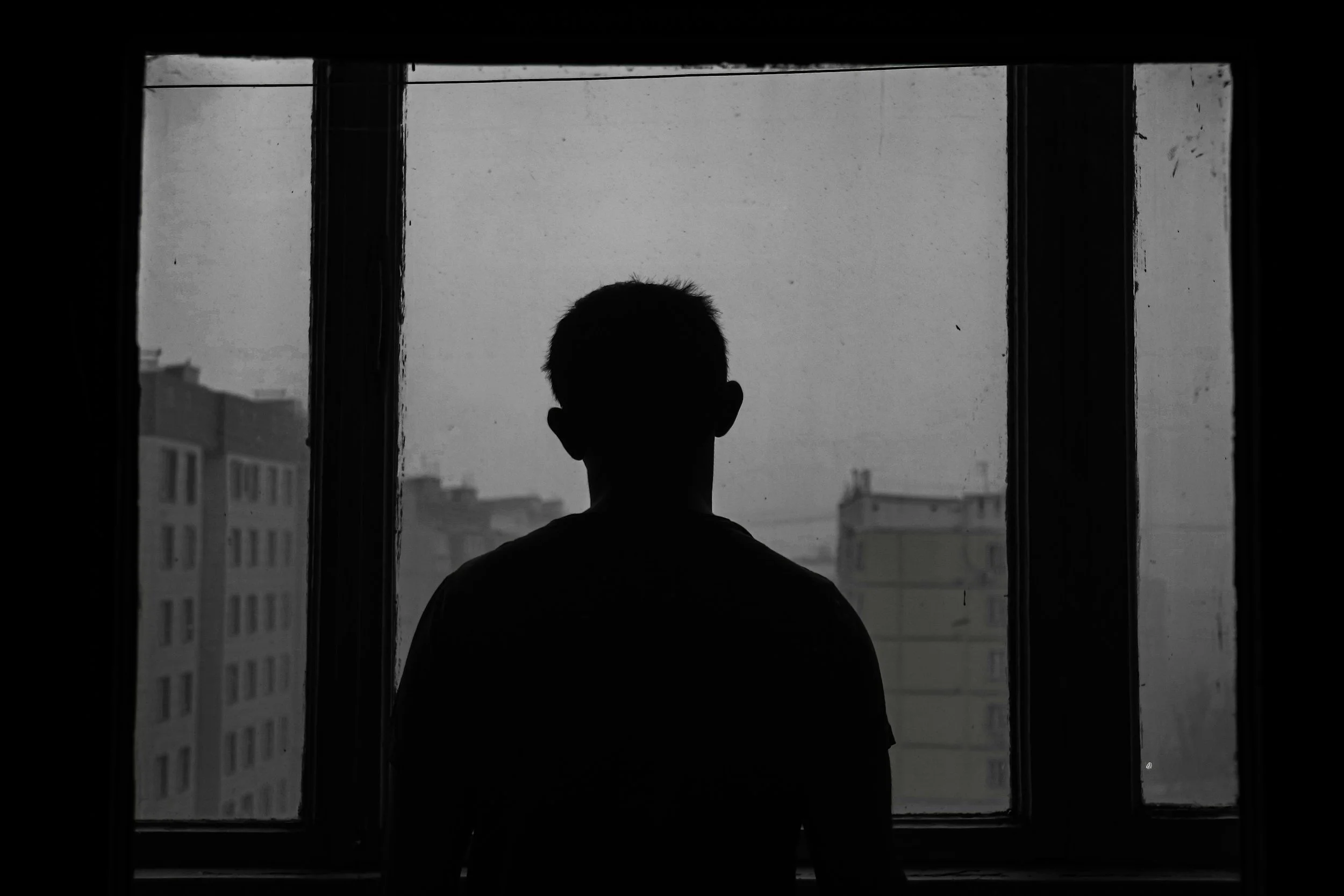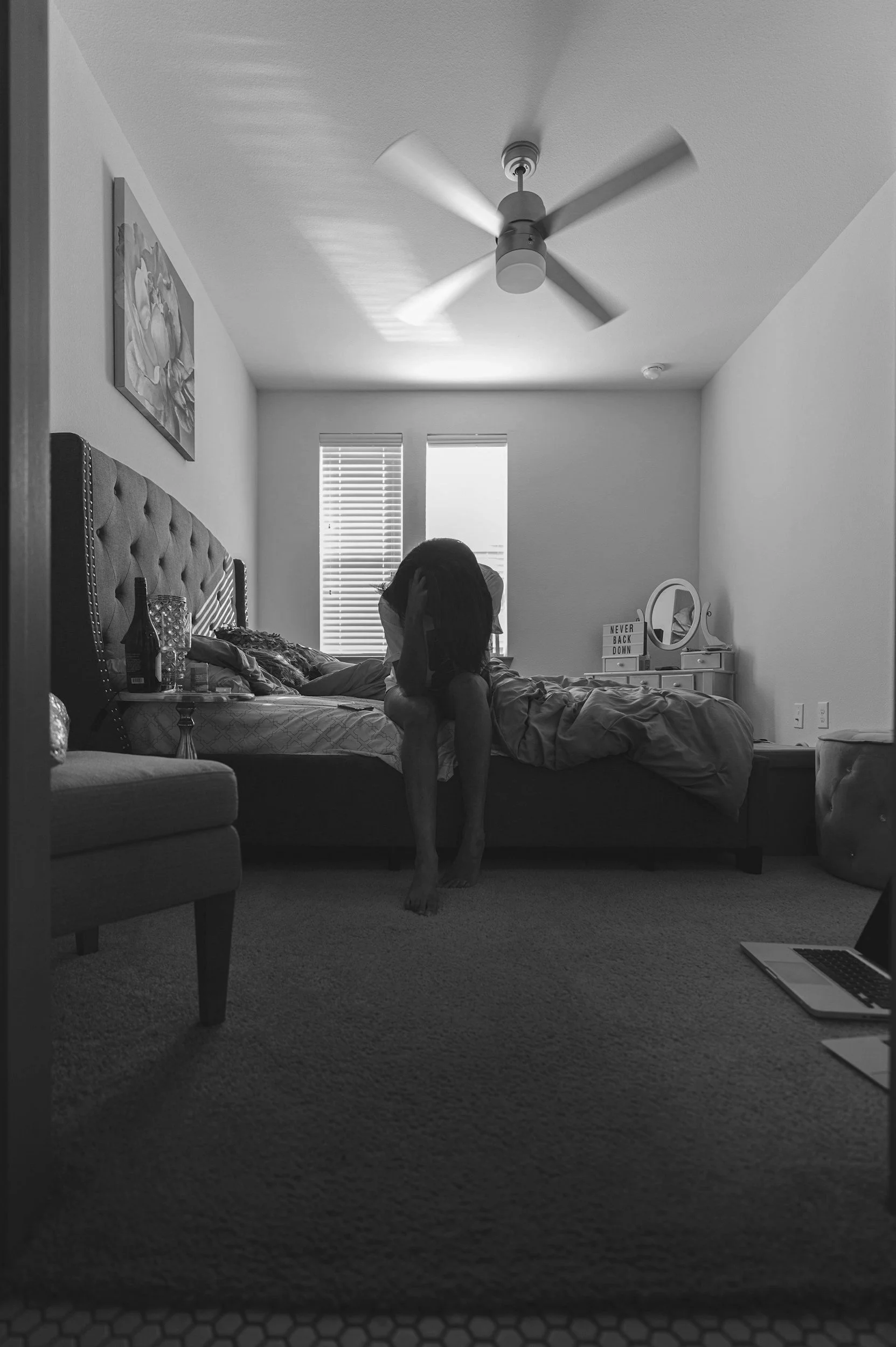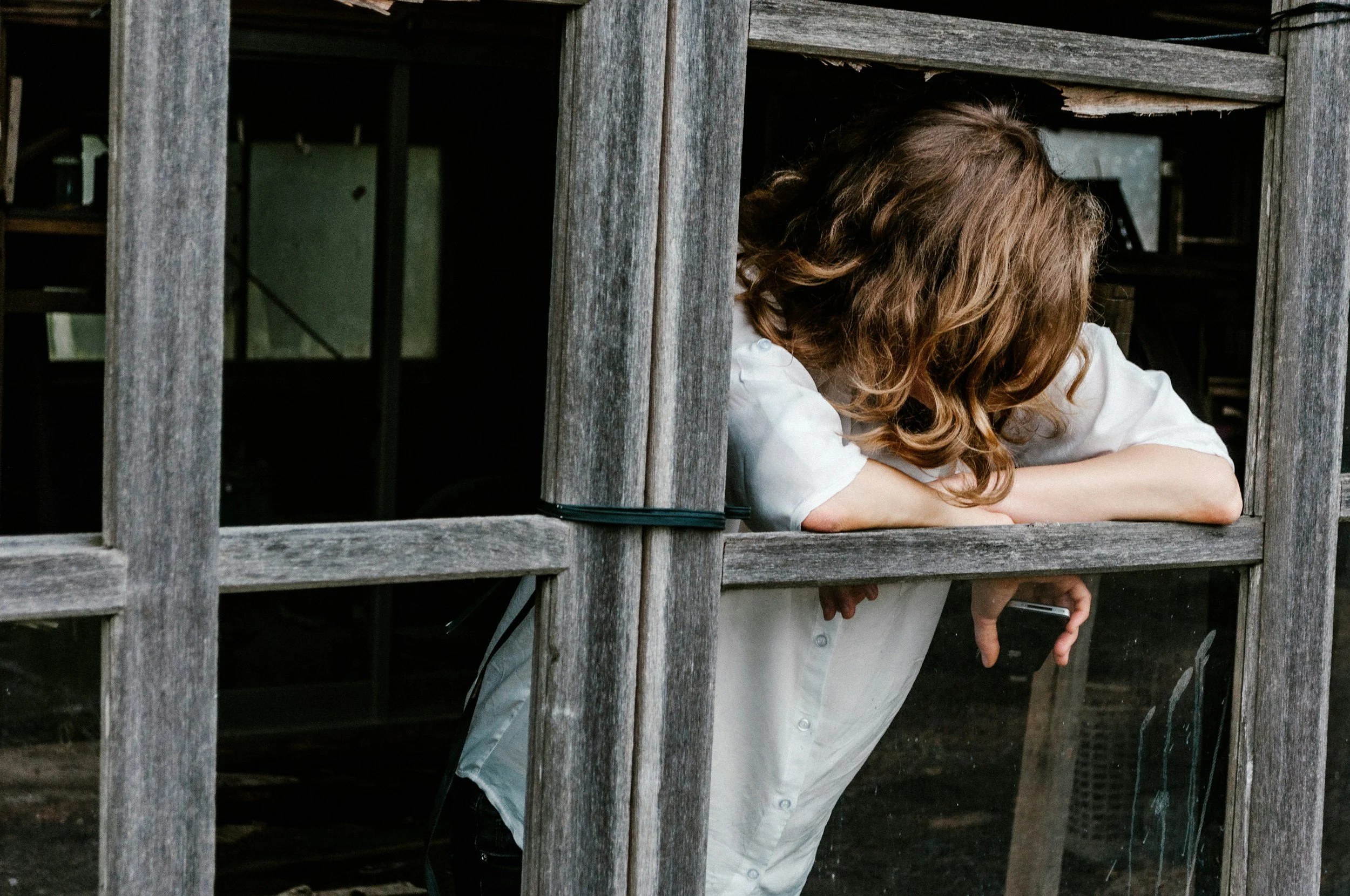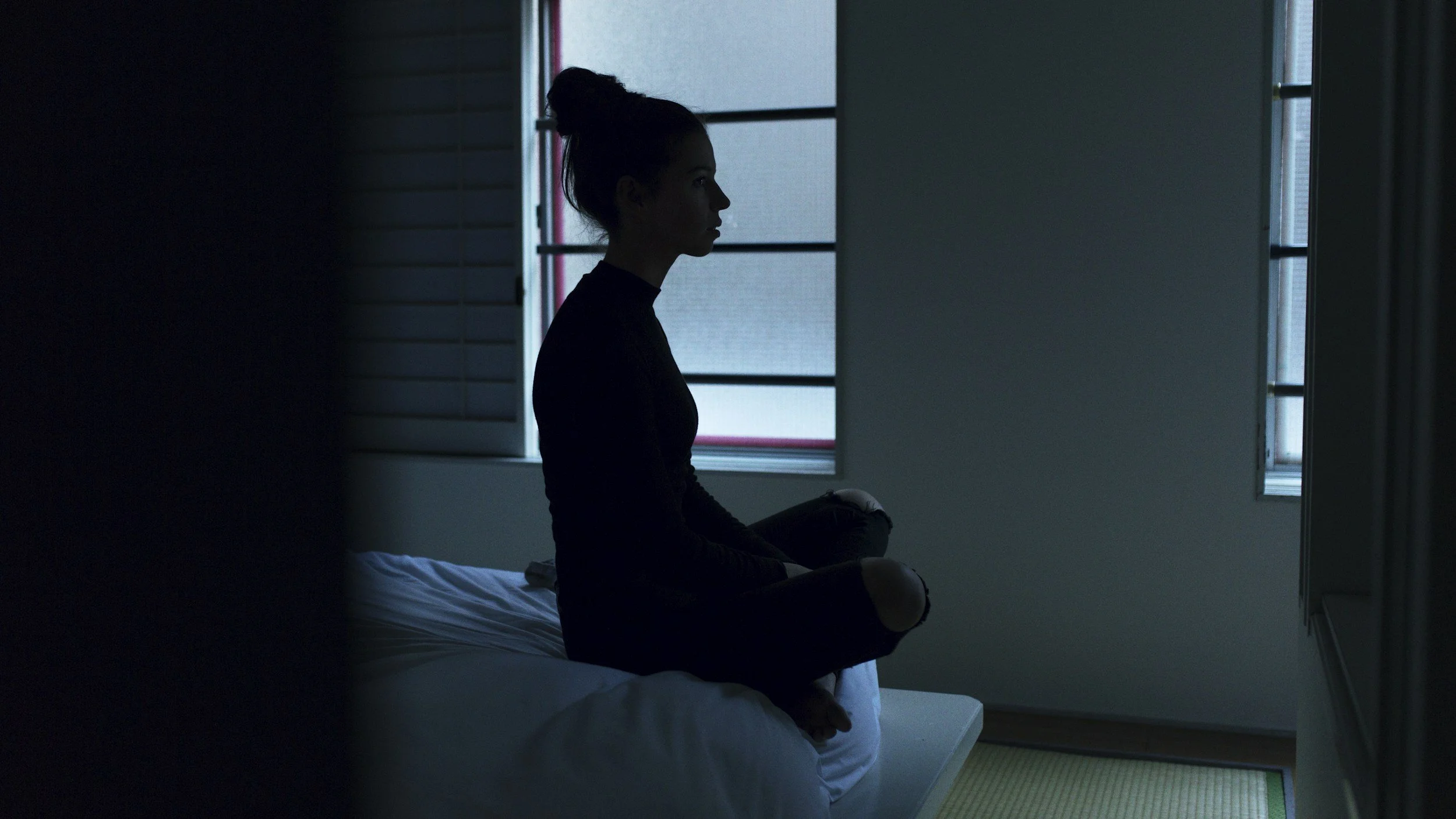Therapy for Depression in Saskatoon
We can help you overcome the darkness.
Depression can feel like a weighted blanket, holding you back from the life you want. Our counsellors and therapists are trained to help you let go of these burdens and get back to living the life you’re meant to live.
What is Depression?
Depression is more than just feeling sad. It’s a mental health condition where you feel sad or hopeless for a long time, lose interest in things you once liked, and often feel tired. It can show up in different ways and be hard to spot sometimes, but it's much more than just having a "bad day." Usually, you're diagnosed with depression if you have these feelings for at least two weeks.
Common signs of depression include:
Feeling sad or having a low mood
Feeling “numb” or empty
Losing interest in activities you used to enjoy
Changes in appetite
Trouble sleeping or sleeping too much
Low energy
Feeling hopeless, worthless, or helpless
Being irritable or frustrated
Having unexplained aches and pains
Difficulty concentrating, remembering, or making decisions
Feeling guilty or blaming yourself too much
Thinking about death or suicide
Depression has many causes. It’s more complicated than simply having a “chemical imbalance.” It’s influenced by biological, psychological, and life experiences. Certain genes can make you more likely to get depressed. Low self-esteem and anxiety are also linked to higher chances of depression. However, the biggest factor is often negative life events. Stressful situations like losing a loved one, going through a divorce, having money problems, or experiencing violence, neglect, abuse, or poverty greatly increase the risk of depression.
Depression Disorders
Some of our clients were diagnosed with depression prior to connecting with us. Our therapists are trained to work with some of the most common depressive disorders:
Major Depressive Disorder (MDD) – Also called “clinical depression,” MDD involves persistent and intense feelings of sadness or hopelessness and loss of interest in activities.
Persistent Depressive Disorder (PDD) – Also called “dysthymia,” this is a chronic form of depression where a person's mood is regularly low. Symptoms are not as severe as major depression but last for at least two years.
Bipolar Disorder – This disorder includes episodes of depression alternating with episodes of mania (extremely high energy and mood). The depressive episodes have symptoms similar to those of major depressive disorder.
Seasonal Affective Disorder (SAD) – This type of depression occurs at certain times of the year, usually in the winter when there is less natural sunlight. Symptoms typically improve with the arrival of spring and summer.
Postpartum Depression – This type of depression occurs in women after giving birth. It involves feelings of extreme sadness, anxiety, and exhaustion that can interfere with a new mother’s ability to care for her baby.
What if I’m not clinically depressed? Will you still help me feel better?
Absolutely! Though it can be useful to distinguish between disorders at times… our approach to depression treatment is similar regardless of diagnosis. We focus on treating the symptoms rather than the disorder. These emotions or physical ailments are present for a reason—whether it is serious mental disorder or just feeling blue—and working with one of our therapists will help you to be able to start feeling better.
Suicidal Ideation & Self-Harm
Self-harming behaviours or thoughts of suicide are scary, for both the person experiencing it and the loved ones around them. Suicidal ideation and self-harm can both be present with depression and/or anxiety. Counselling or therapy can reduce the frequency and intensity of these symptoms, helping a youth or adult to better cope with the distressing emotions they are feeling inside.
Suicidal ideation is when someone thinks about, considers, or plans suicide. It can range from fleeting thoughts to detailed planning. For some people, this involves thoughts about wanting to die or wishing to be dead but without any specific plan or intent to act on these thoughts. For others, it involves not only thinking about suicide but also having a specific plan and intent to carry it out.
Regardless of the intensity or detail of these thoughts and emotions, people are usually shocked, upset, and ashamed when these ideas enter their mind. Our counsellors, however, are not scared away by these kinds of things. We know that underneath them is emotional pain, and we are ready to help you heal—and remain safe while doing that.
Self-harm (also called “self-injury) is when someone intentionally hurts themselves to deal with difficult or overwhelming feelings. There are many reasons why a person might self-harm, but all of them have a positive intent (as strange as that may sound). Self-harming might help someone:
Manage or express feelings like sadness, anger, or fear.
Ease tension, panic, or anxiety for a little while.
Distract from emotional pain by feeling physical pain.
Feel like they have some control over their problems.
Snap out of feeling numb or disconnected from their emotions.
However, self-harm only gives temporary relief. As emotions build up again, so does the urge to self-harm. This creates a cycle where a person might start feeling ashamed or scared about their self-harm, adding more weight to what they're already dealing with. Breaking this cycle can be really tough, and stopping the habit of self-harm isn't easy. Professional help from a trained counsellor or therapist is sometimes needed.
For Parents: If your child is self-harming, or you’re worried they might be, it can be very upsetting and scary. It's important to remember that you and your child are not alone. Many young people go through this and find better ways to handle their feelings.
Treatment for Depression
Depression treatments can vary based on how severe the condition is. Our team of counselors and therapists can work with your current doctors or psychiatrists—or help you decide what the best next step is.
Since depression often comes from deep emotional pain, depression treatment typically focuses on first getting you stable—helping you feel like you can handle everyday life. Then, we'll work on healing the underlying emotional wounds. Different counseling methods can help with this, and we’ll adjust to what you need in each session.
Antidepressants are often used along with counseling to help you get stable. However, it’s important to remember that these medications are not a cure. They can have unpleasant side effects, and you might need to take higher doses of these medications over time. Therapy can help you rely less on these medications and move toward living the life you want.
It’s time for you to start feeling like you again.
Connect with us for a free consultation or look at the other counselling services we offer in Saskatoon and online.








